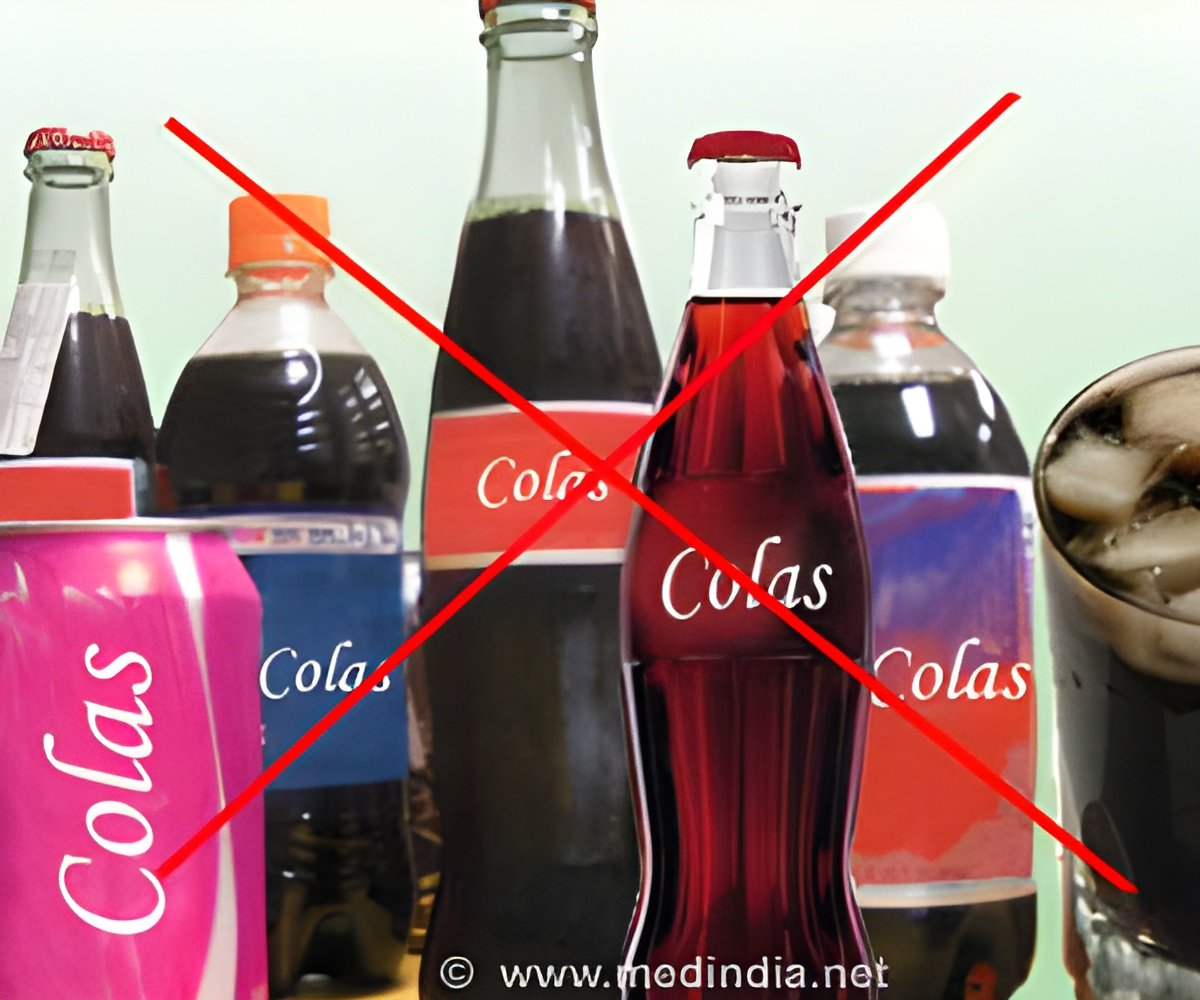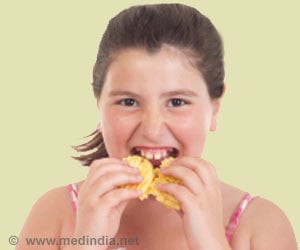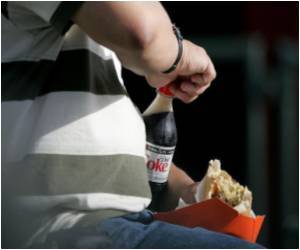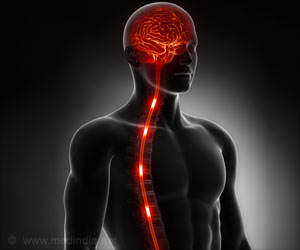At the University of Bristol's Nutrition and Behaviour Unit (NBU), new research by academics have looked into whether we take liquid calories into account when planning meals.

As part of a Biotechnology and Biological Sciences Research Council (BBSRC) grant, the researchers looked at whether people factor in liquid calories when they estimate the satiating effect of a meal, or in other words how filling a meal will be.
Participants completed a computer-based match-fullness task which assessed the expected satiation of meals that included either a calorific drink, a non-calorific drink, or a snack with the same energy content as the calorific drink. The researchers also explored the contribution of carbonation on expected fullness.
The results showed that irrespective of carbonation, the meals that included a calorific drink were expected to be more satiating than those served with water.
Meals served with a calorific drink were not considered to be any less filling than the same meals served instead with a snack. However both the snack food and the calorific drink caused only a small increase in expected satiation.
Professor Jeff Brunstrom said: "Our work adds important context to a broader ongoing debate about the dangers of liquid calories."
Advertisement
The research will be presented at the conference by Dr Sarah Davies.














